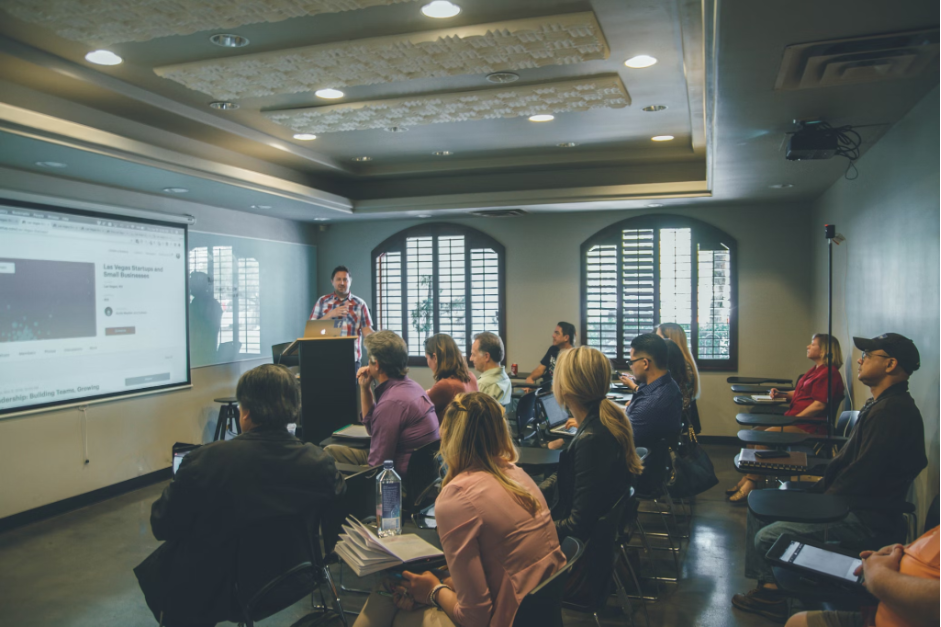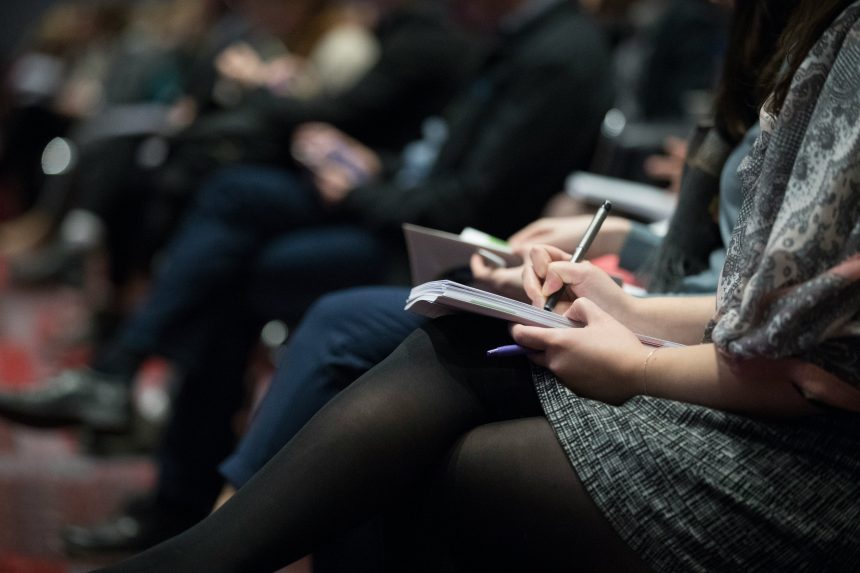Planning an event can be super exciting, but also a bit nerve-wracking—especially when it comes to making sure everything goes smoothly. Whether it’s a corporate meeting, wedding, or birthday bash, choosing the right function venue in Melbourne is just the first step. Once that’s sorted, there are still loads of details to organise. To help you out, here’s your ultimate checklist for hosting a seamless event in Melbourne.
1. Define Your Event Goals and Budget
Before you dive into the details, get clear on what you want your event to achieve. Is it a product launch, a team-building workshop, or a wedding reception? Knowing the goal will guide your planning decisions, from the venue down to the décor.
Things to Consider:
- Event goals: What’s the main purpose of your event?
- Budget: Be realistic and account for everything from the venue hire to catering, décor, and entertainment. Set aside a little extra for unexpected expenses, just in case.
Tip: Prioritise what’s most important. If your budget’s tight, focus on key elements like food and entertainment, and get creative with the extras.
2. Choose the Perfect Function Venue in Melbourne
Picking the right venue is key to a great event. Melbourne has a ton of awesome function venues, from sleek rooftop spaces and elegant ballrooms to quirky cafés and cool industrial spaces.
Questions to Ask:
- Capacity: How many guests can the venue comfortably fit?
- Location: Is it easy to get to by car and public transport? Is there parking nearby?
- Facilities: Does the venue provide tables, chairs, AV equipment, and catering, or do you need to sort these out yourself?
Tip: Book your venue as early as possible, especially if you’re planning an event during peak seasons. Popular function venues in Melbourne can get snapped up fast!
3. Plan the Event Timeline
A well-organised event runs on a solid timeline. Planning out your schedule will help you make sure everything stays on track, from setup to cleanup.
Things to Include:
- Setup time: Make sure there’s plenty of time to set up the venue—this includes decorating, arranging seating, and testing equipment.
- Event schedule: List out key moments like guest arrivals, speeches, entertainment, and meal service.
- Teardown: Don’t forget to allow time for packing up and clearing the venue after the event.
Tip: Share the timeline with everyone involved, including the venue staff, caterers, and any performers or speakers. This way, everyone knows what to expect.
4. Organise Catering and Drinks
Food and drinks are a big part of any event, so you want to get this part right. Some function venues in Melbourne have in-house catering, while others let you bring in your own. Decide early on which works best for your event.
Things to Consider:
- Menu options: Do you need a sit-down meal, a buffet, or just snacks and finger food?
- Dietary requirements: Make sure there are options for guests with special dietary needs, like vegetarians, vegans, or those with allergies.
- Beverages: Will you offer a full bar, a limited selection, or just tea, coffee, and soft drinks?
Tip: If your budget allows, consider adding a few extras like welcome drinks or a signature cocktail that matches your event’s theme.
5. Sort Out Audio-Visual Needs

The right AV setup can make a huge difference, especially if your event involves presentations, speeches, or live entertainment. Check what equipment the venue provides and what you might need to rent separately.
Questions to Ask:
- Equipment available: Does the venue have microphones, speakers, projectors, and screens?
- Technical support: Will there be someone on-site to help with setup and troubleshoot any issues?
- Power outlets and Wi-Fi: Are there enough power points for all your gear, and is the Wi-Fi reliable?
Tip: Always do a test run of your AV setup before the event kicks off. Catching any problems early will save you from scrambling later.
6. Set Up Décor and Ambience
The décor sets the mood for your event, so it’s worth thinking about how you want the venue to look and feel. Some venues have rules on what you can and can’t do, so make sure you check this before making plans.
Ideas for Décor:
- Centrepieces and table settings: Flowers, candles, or themed décor can add a personal touch.
- Lighting: Consider using fairy lights, spotlights, or coloured uplighting to create the right vibe.
- Theming: If you have a theme, like vintage, modern, or tropical, make sure your décor ties into it.
Tip: Keep it simple if you’re on a budget. Sometimes a few well-chosen elements can have just as much impact as an elaborate setup.
7. Prepare Invitations and Manage the Guest List
Getting the word out is essential, and your invitation sets the tone for what guests can expect. Make sure your invites clearly share the date, time, venue address, and any dress code requirements.
Key Steps:
- Send invitations: Whether you opt for printed invites or digital ones, send them out early so guests can save the date.
- RSVP tracking: Keep track of who’s coming so you can plan seating and catering accordingly.
- Follow-up reminders: Send out a reminder a few days before the event to confirm attendance and share any last-minute info.
Tip: Use an online event platform to handle RSVPs and guest communication. It’ll make life a lot easier.
8. Arrange Entertainment and Activities
Think about how you’ll keep guests entertained. Depending on your event, this could mean live music, a DJ, games, or even a guest speaker.
Entertainment Ideas:
- Live bands or DJs: Great for setting the mood at parties and weddings.
- Guest speakers: Ideal for conferences or networking events. Make sure they’re briefed and have everything they need.
- Interactive elements: Think photo booths, games, or even team-building activities for corporate events.
Tip: Check with the venue if there are any restrictions on live music or other activities, especially if it’s an indoor spot close to residential areas.
9. Confirm Event Logistics
About a week before the event, check in with your vendors and the venue to confirm all the details. Double-checking everything helps you catch any last-minute issues and ensures you’re not rushing on the day.
Things to Double-Check:
- Vendor arrivals: Make sure your caterers, decorators, and entertainment know when they need to arrive and where to set up.
- Venue setup: Confirm with the venue how you want the space arranged, including seating, tables, and any special setups.
- Permits and licences: If your event involves things like alcohol, live music, or outdoor activities, make sure you’ve sorted out any necessary permits.
Tip: Create a contact list for all your vendors and key staff. That way, you can easily reach them if anything comes up during the event.
10. Have a Backup Plan
Even the best-laid plans can hit a snag. It’s always good to have a backup plan for unexpected issues, like bad weather, equipment failure, or last-minute cancellations.
Things to Consider:
- Weather: If you’re planning an outdoor event, have a Plan B in case it rains.
- Equipment: Have backup AV equipment or extra supplies on hand, just in case.
- Guest no-shows: Be prepared for a few guests not to show up, and plan your catering and seating arrangements with this in mind.
Tip: Stay flexible and ready to think on your feet. If something goes wrong, a calm, positive attitude can make all the difference.
Following this ultimate checklist will help make sure your event at a function venue in Melbourne goes off without a hitch. From picking the right venue to managing the smallest details, a little planning goes a long way toward pulling off a memorable event.
Lynn Martelli is an editor at Readability. She received her MFA in Creative Writing from Antioch University and has worked as an editor for over 10 years. Lynn has edited a wide variety of books, including fiction, non-fiction, memoirs, and more. In her free time, Lynn enjoys reading, writing, and spending time with her family and friends.















